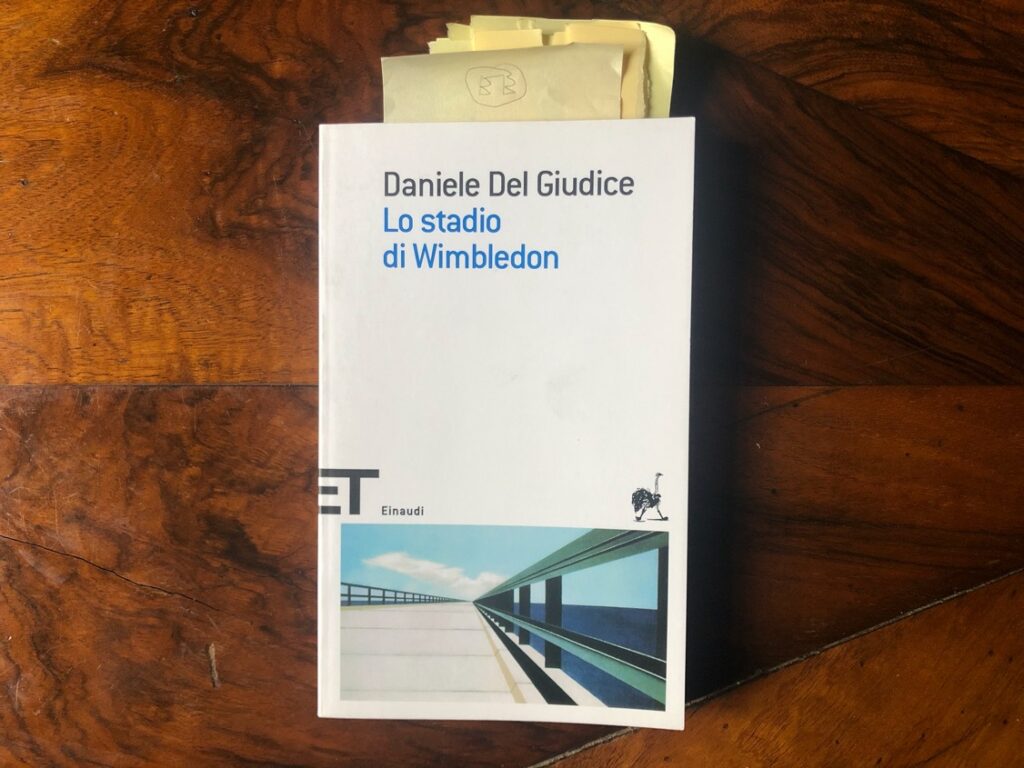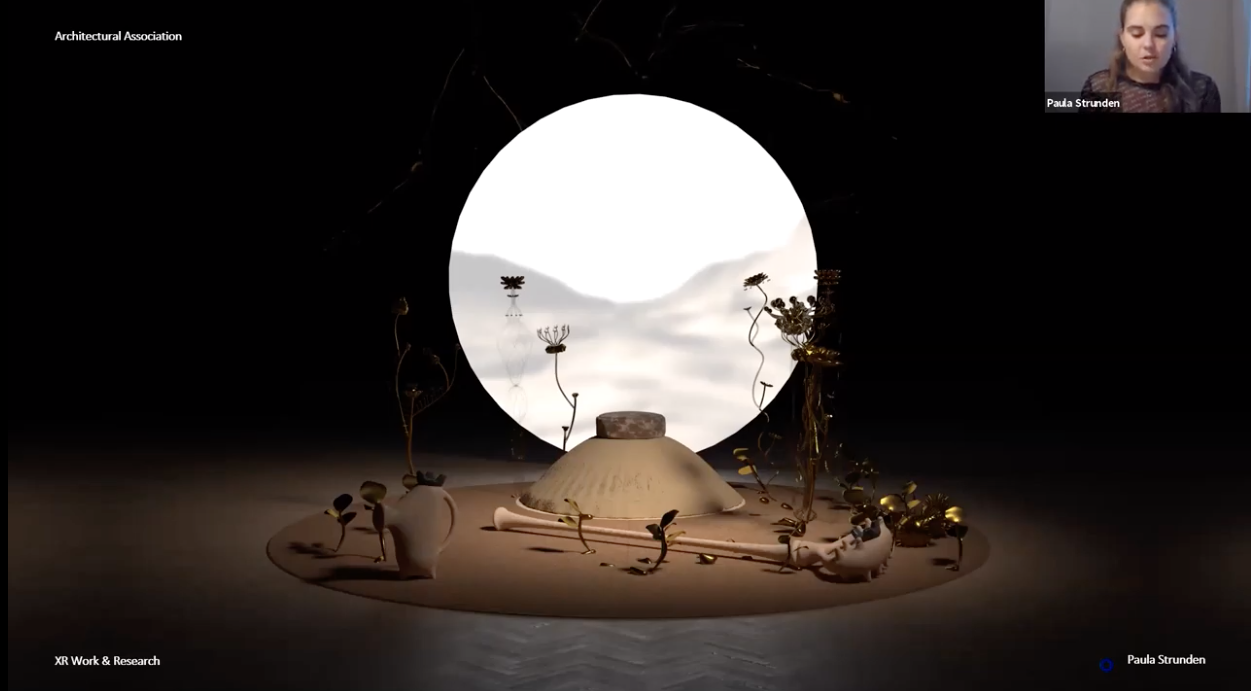Return to archive
title
Constructing Communities of Tacit Knowledge: Political Commitment and Urban Planning in Postwar Milan
author
Elettra Carnelli
Abstract
Exploring historical models of the construction of tacit knowledge, this paper examines the contribution of the communist architectural collective Collettivo di Architettura to Milanese postwar planning culture. During the reconstruction period, Milan underwent significant economic, social, and territorial transformations that intensified the divide between the city center and the periphery. The Milanese outskirts were left to speculation, rapid urbanization, and high migration rates without adequate urban planning tools and policies. In this context, leftist practitioners sought to address the problems affecting the Milanese periphery and wanted to contribute to their resolution. Among them, Collettivo di Architettura stood out for its explicit political stance and extensive contribution. Its members attributed social and political dimensions to architectural work and integrated collaborative ways of working and political militancy into their practice. From the 1950s, they provided free professional support in the Milanese periphery, using the expression urbanista condotto to define their work: in addition to their architectural practice, they assisted municipalities that lacked adequate planning tools and knowledge and initiated discussions with local authorities and institutions concerning urban development. As a result, procedures, strategies, and processes were collectively developed to establish effective planning methods and improve living conditions in the Milanese outskirts. By explicitly drawing from the Gramscian concept of the organic intellectual and the example of other committed practitioners of their time, the engagement of Collettivo’s members provided the basis for a shared knowledge of urban planning and management. Thus, this case study highlights the significance of political commitment in generating communities of tacit knowledge.
This paper will be presented at the TACK Conference in the paper session VECTORS, 20 June 2023 between 14:30 – 17:00 (CEST) at ETH Zürich (Auditorium HPV G5).
Elettra Carnelli is an architect and researcher currently pursuing her doctorate at the ZHAW and ETH Zurich. Her academic experiences include working as a teaching assistant at the Accademia di Architettura in Mendrisio in 2016 and research associate at the Professorship of Urban Design at TU Munich from 2018 to 2022.




